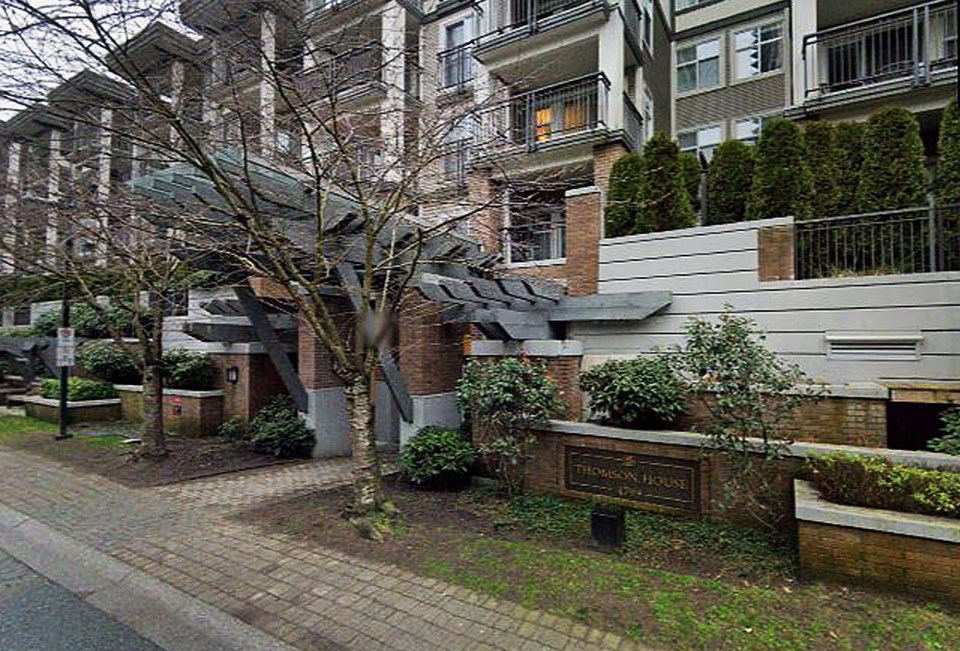A Burnaby strata owner who claimed her downstairs neighbour's loud talking, noisy appliances, banging cupboards and loud fans were keeping her up at night has lost a pair of cases at the province's Civil Resolution Tribunal.
Ongoing noise battle
Linda Woo, who owns an apartment at the Thomson House strata at 4799 Brentwood Dr., complained to the CRT, saying her strata had treated her "significantly unfairly" by not doing enough to investigate her complaints or enforce its noise bylaws, according to one of two tribunal rulings last week.
Woo claimed $5,000 in damages for "injury to dignity, loss of enjoyment of her home, and mental and physical suffering" and requested an order compelling the strata to enforce its noise bylaws against the strata lot below her.
The owner of that unit, Aliza Amarshi, launched her own complaint, saying it was Woo who was the disruptive neighbour, not her.
Amarshi eventually withdrew her claim, but Woo carried on with a counterclaim, claiming $5,000 in damages from Amarshi as well.
Woo filed at least 19 noise complaints between February 2020 and August 2021, according to the ruling.
She claimed the noises from downstairs had been essentially continuous since 2015.
$10K human rights settlement
The strata denied Woo's allegations, saying it had investigated her complaints and enforced its bylaws "to the best of its ability."
The strata had further argued the case should be dismissed because Woo's complaints had already been dealt with in an earlier tribunal case – and a case at the province’s Human Rights Tribunal.
The Human Rights Tribunal complaint had led to a $10,000 settlement agreement in August 2021, according to the CRT, while the previous CRT complaint had been resolved through a consent resolution order in April 2022.
The CRT agreed to hear Woo's latest complaints, but tribunal member Kristin Gardner ultimately ruled the strata had not treated Woo significantly unfairly.
While Woo had provided cell phone recordings of the alleged noise coming from the downstairs apartment, Gardner said any audible noises on the recordings were "generally very muffled and difficult to discern."
Gardner noted the strata had suggested conducting acoustic testing, but the parties had been unable to agree on how or when the testing should be done.
And strata council members attended Woo's apartment but were unable to verify her noise during their time there, according to Gardner's ruling.
"I find the strata has reasonably attempted to investigate Ms. Woo's noise complaints against the strata lot below her since August 25, 2021," Gardner wrote.
She dismissed Woo's complaint against the strata.
‘Particular sensitivity to noise’
Gardner, who ruled on both of Woo's most recent cases, dismissed her complaint against Amarshi on similar grounds, including the lack of objective evidence about the noise level in Woo's unit.
"I accept that Ms. Woo found the everyday living noises from Ms. Amarshi's unit, including talking, to be subjectively unbearable. I also accept that the noises have had a significant impact on Ms. Woo's life. However, that is not enough to prove nuisance." Gardner wrote.
While Woo might have a "particular sensitivity to noise," Gardner said the law of nuisance requires an "ordinary person with realistic expectations" to find the noise unreasonable.
Woo had requested the tribunal ruling to be anonymized because she had provided "confidential business information as evidence" and had safety concerns about disclosing her address, but Gardner declined the request.
She said she had not had to discuss Woo's business in any detail in the ruling, and parties to CRT proceedings are usually named in keeping with the "open court principle," "which promotes transparency of decision making and integrity in the justice system."
The CRT is an online, quasi-judicial tribunal that hears strata property disputes and small claims cases.
Follow Cornelia Naylor on Twitter @CorNaylor
Email [email protected]




